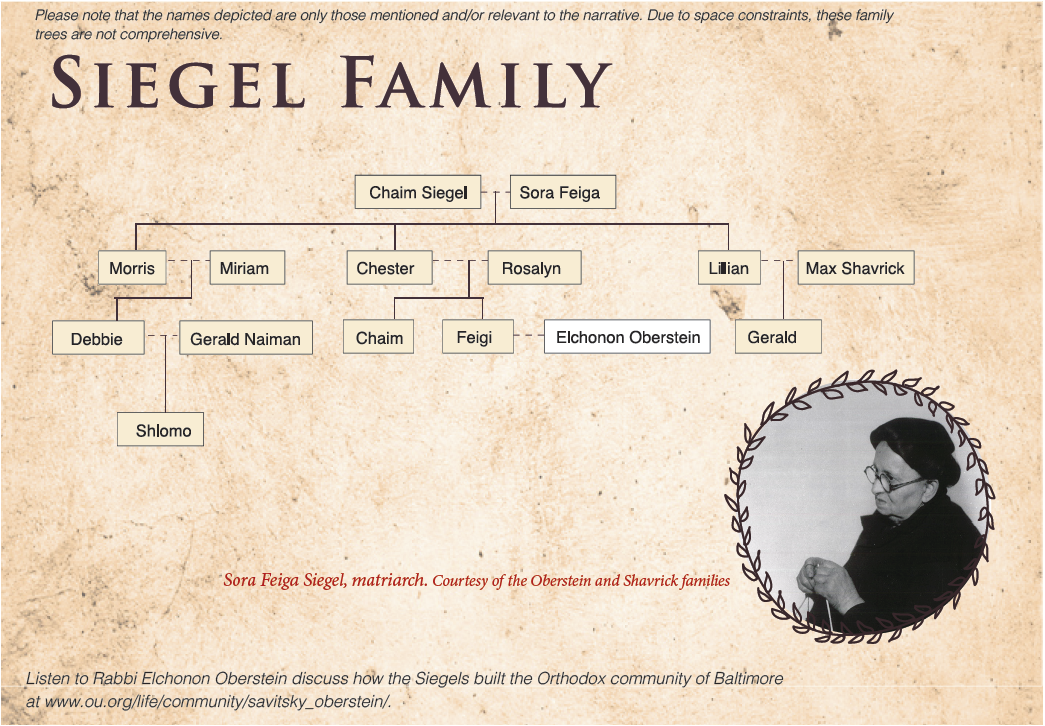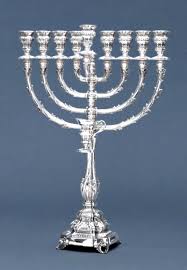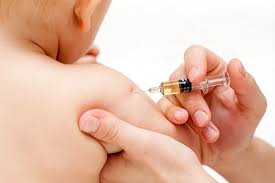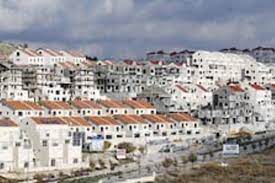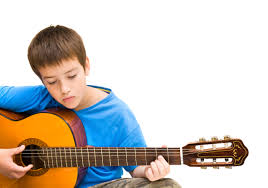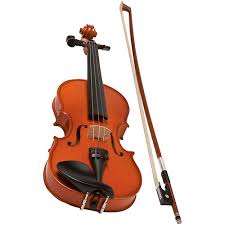“Miriam the prophetess took her drum in her hand, and all the women went forth after her with drums and with dances.” (Exodus 15:20)
Rashi, commenting on the Mechilta of Rabbi Yishmael, says that the righteous women of that generation brought instruments with them due to their confidence in Hashem’s miracles. They knew the geula (redemption) was coming and prepared for celebrating it while still in Egypt. Song has a special place in our tradition, and some of us feel a special communication with Hashem through music. Yet Jewish women don’t always have the opportunity to express themselves due to the halachas of kol isha (the intimacy of a woman’s singing voice). So, what can they do to connect to Hashem through music?
* * *
I want to share some examples of what women in our community are creating to inspire themselves and others and to connect to Hashem.
I grew up in a musical family and began studying classical piano at the age of five. Throughout my youth and college, I also studied guitar and music theory. I sang in numerous choirs, composed music, and performed in many different venues. Music was a major part of my life, even though I ended up pursuing a different vocation. But Hashem beckoned. I became completely observant, and all my vocal performances ended. I stopped composing because what I had previously expressed in lyrics no longer interested me. My story is in no way unique. I have spoken to many women who followed similar paths.
